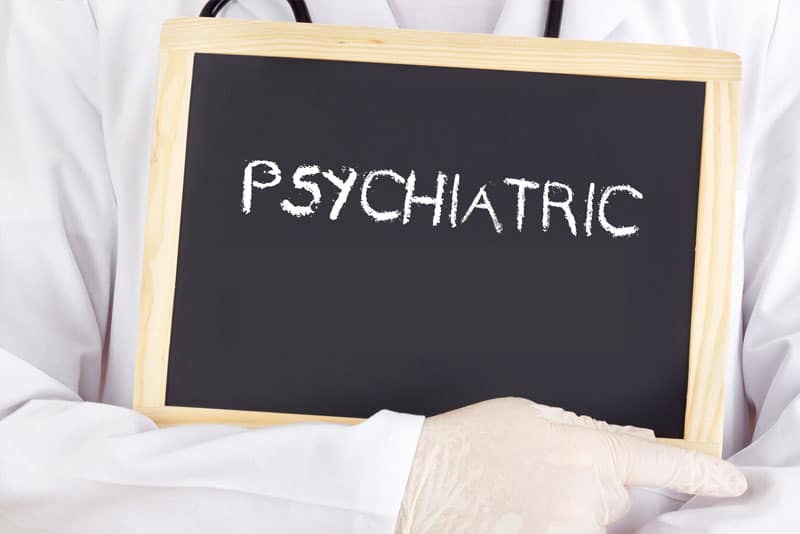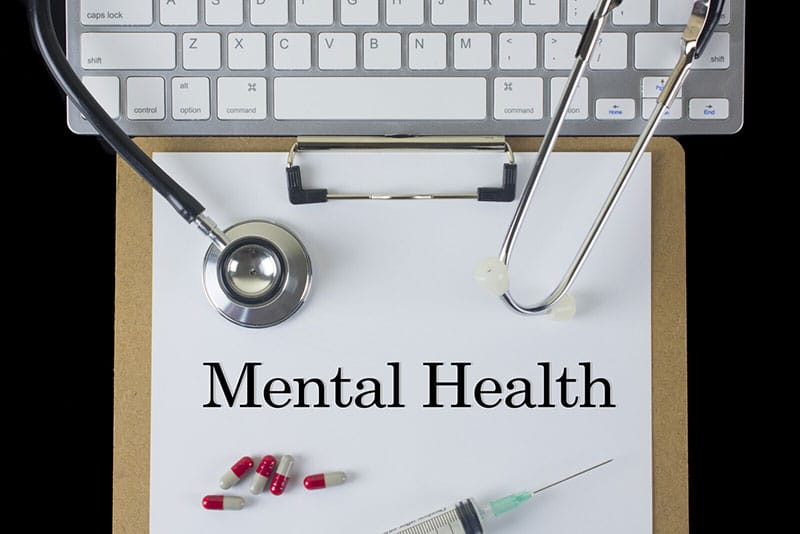It’s sad but true – mental health is a cause for concern during the holidays. The festive time of year can be a lot of fun, but it can be stressful for people from many walks of life. In fact, the demand for mental health care services and mental health transcription services tends to increase during the holiday season.

A survey by the American Psychological Association (APA) found that almost half of all women (44 percent) and a third of men (31 percent) reported an increase in stress around the holidays. According to the National Alliance on Mental Illness (NAMI), people already living with a mental health condition should take extra care of their overall wellness and health during the holiday season. NAMI board member and psychiatry specialist with Suburban Psychiatric Associates Dr. Michael Hallet (letstalkstigma.org) notes that an estimated 60 percent of patients who already have a mental health diagnosis may have exacerbated symptoms during this time. Many factors are responsible for triggering the holiday blues or seasonal affective disorder (SAD):
- The decrease in sunlight during fall and winter affects the body’s biological clock and leads to feelings of depression.
- From the pressure of shopping for gifts, cooking, fixing up the house, throwing parties and traveling, increased demands during the Christmas and New Year season can lead to unrealistic expectations and trigger the holiday blues.
- Memories of a loved one who has passed, a recent heartbreak, or conflicts in the family can surface at family gatherings, and make these painful occasions. Distance from family make the holiday blues worse for some people.
- Overindulging or binge eating and drinking can cause heartburn and fatigue, as well as weight gain. Consuming alcohol in excess can cause depression and even aggressive behavior.
- Out-of-control holiday spending or spending obligations often lead people into a downward spiral.
There are many things people can do to minimize the blues. The first is to manage expectations. Things may not always go perfectly but there will be many good moments to savor. We should be realistic about what we can afford and avoid the pressure to overspend. The key is to plan ahead, prioritize, and budget.
If you find you have too many invitations to social events, pace yourself and set boundaries. Avoid social activities, chores and events when you need to. On the other hand, people who are feeling isolated can reach out to friends or volunteer at local charities or community events. This is a great way to stay connected, while enhancing personal satisfaction and happiness. Other tips to cope with holiday stress:
- Follow normal routines as far as possible.
- Eat and drink in moderation and avoid alcohol if you are depressed.
- Spend time on what relaxes you – listening to music, dancing, or reading
- Stay physically active – exercise regularly, even if it means just taking a small walk.
- Get sufficient sleep.
Holiday blues are typically a temporary phenomenon, but the condition can become a cause for serious concern if it crosses over into clinical depression and impairs daily functioning. That’s when you need to seek professional help.
Medical doctors, including family medicine physicians and internists and well as nurse psychotherapists treat holiday depression. The condition can be diagnosed through a simple history and physical exam. Lab tests or other tests may be recommended to rule out any medical conditions that may be causing symptoms. A full history of your symptoms can help determine if your condition is a mild case of the holiday blues or a chronic depressive disorder.
Treatment for seasonal affective disorder usually comprises a combination of self-help, counseling, and antidepressant medications (fluoxetine (Prozac), sertraline (Zoloft), paroxetine (Paxil), and citalopram (Celexa). Phototherapy can effectively treat people suffering from SAD (WebMd). The treatment involves about a half hour a day of exposure to artificial sunlight. It can be used either alone or in combination with antidepressant medicines and psychotherapy. Focused treatment can help reduce the symptoms.
Documenting assessments, progress notes, treatment plans, etc., is a time-consuming and challenging task for any healthcare provider. A www.ehrinpractice.com report notes that behavioral and mental health practices use clinical data differently from other specialties or general medical practices. Behavioral and mental health specialists require electronic health records (EHRs) with special features as they collect more intensive data resulting from screening tools and from ongoing treatment. Further, these specialists mainly depend on effective care coordination across clinical settings and patient engagement to achieve positive clinical outcomes. They are also subject to more data privacy laws that extend beyond HIPAA’s requirements. As physicians focus on patient care, contracting with an experienced medical transcription service company can ensure accurate and timely EHR documentation that meets industry regulations.


